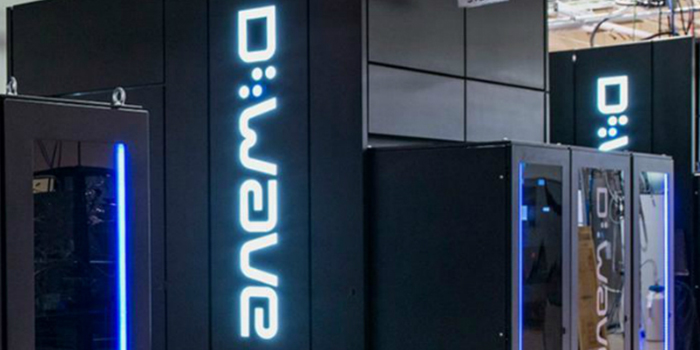
By now, chances are that you have heard about quantum computers. In a nutshell, as transistors on a microprocessor get smaller and smaller as was predicted by the prophetic Moore’s Law, in the very near future (the 2020s or the 30s), processors will be transferring data on an atomic scale.
And what then? Then we’ll be using atoms themselves to perform ordinary tasks, a process which will make our computers infinitely faster. And recently, a partnership between Google and NASA have borne fruits in this matter. They’ve announced that they might finally have made the world’s first working specimen of a quantum computer.
Here are some details about this quantum specimen that will blow away your mind. The D-Wave X2, as it’s called, is faster than a conventional, single-core PC by 100 million times. The performance was tested with an optimization problem involving 945 binary variables. It was also tested against a special algorithm called Quantum Monte Carlo and similar speeds were seen.
The discovery, if true, can bring breakthroughs in the fields of artificial intelligence, database searching and simulation of space missions & quantum physics (quanta-ception?).
Still, there are some skeptics who are not totally sold on this alliance yet. It is known that the staggering figures quoted consist of custom-built algorithms where the D-Wave X2 specializes but a conventional computer doesn’t. The claim of over 1000 qubits (unit of quantum information, which features polarization of a photon) is yet to be backed up with evidence.
We don’t know when you should expect this kind of technology in our personal computers and consumer markets (and are they exactly needed in the first place). At least now we have a proper benchmark and a vague idea of greater things to come in this new realm.